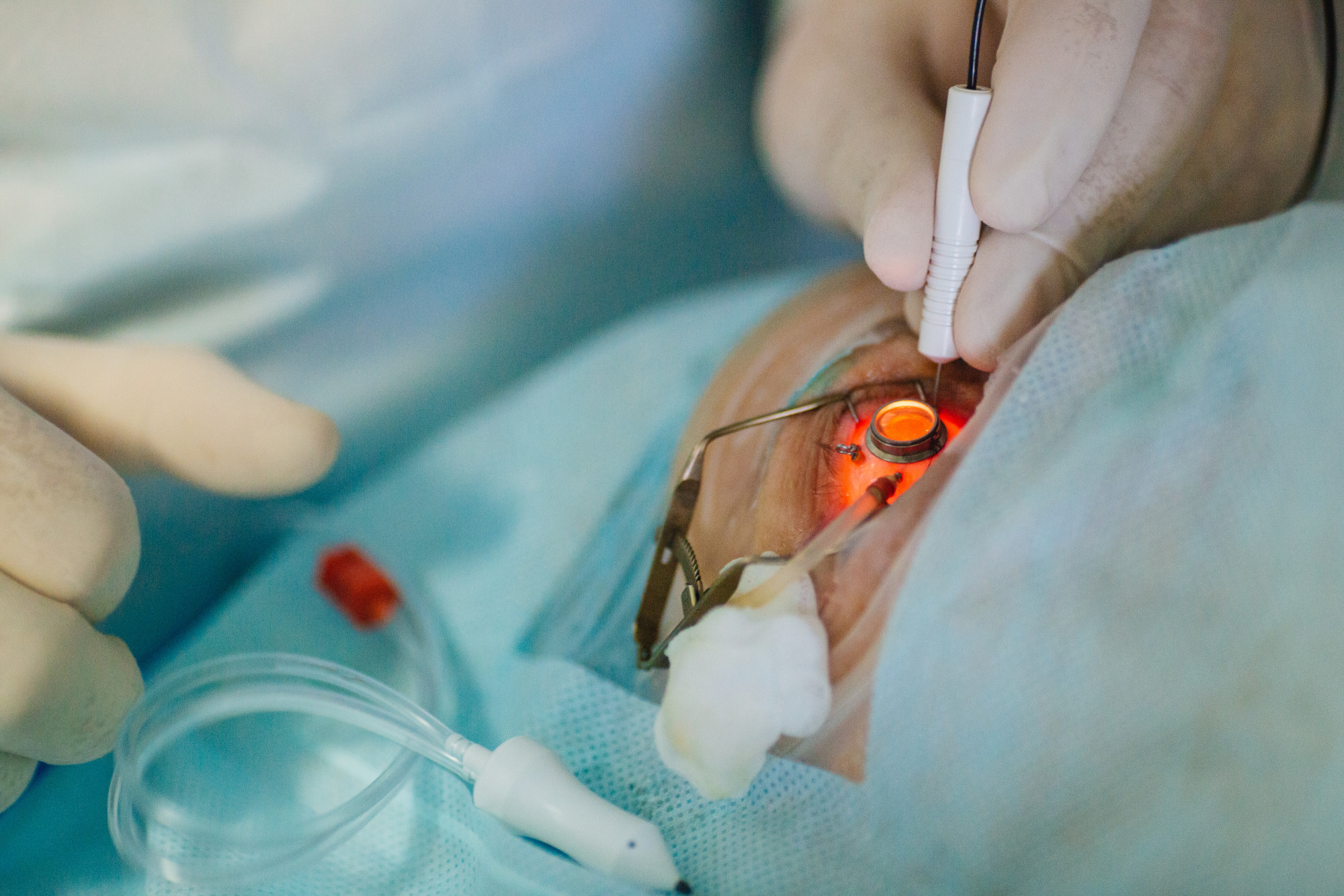
Did you know that more than 166,000 people work in the United States optometry industry? Together, they help all of us enjoy healthy vision throughout our lives. Every year, this industry earns more than $22 billion.
Cataract surgery is one of the optometrist services that provides the most value for people. However, like any surgery, there are important steps to take during the recovery process. Post cataract surgery, you will need to know what to do in the hours, days, and weeks that follow.
So what are the most important things to focus on when you are recovering from successful cataract surgery? Read on to learn all about what you need to know about cataract surgery and what you can do to help your recovery process proceed as smoothly and quickly as possible!
Steps to Take Right After Cataract Surgery
In most cases, your cataract surgery will finish within a few hours. Once it is complete, you will be ready to go home right away. However, it is important that you avoid driving home after cataract surgery.
The anesthetic you are under during surgery can make it harder for you to keep careful track of your surroundings for a few hours. On top of that, one or more of your eyes will have bandages on them. Although most cataract surgeries only work on one eye at a time, it is still not safe to drive home with only one eye working.
On your way home, it is ideal if you can give your eyes as much rest as possible. A few hours after the end of your surgery, you can start to use your eyes again for brief amounts of time.
Take It Easy During Post-Surgical Care
For a few days, you will want to rest your eyes as much as you can. At the same time, it is fine for you to start using them more the longer it has been since your surgery.
However, you might experience blurry vision for a while during the recovery process. Your eye will need to get used to its new situation. Don’t worry if you have blurry vision and let it correct itself over time.
During this part of the post-surgery process, you may also experience itchiness and tension around your eyes. Although it can be tempting to rub your eyes, doing so can make it harder for them to heal. It can also increase the chance that you get bacteria in your eyes and cause an infection.
During the day, remind yourself as often as you need to not to rub your eyes. It might also help to ask anyone else in your home to remind you not to rub your eyes if you do so by accident.
At night, you might try to rub your eyes in your sleep. To prevent this, you will need to use an eye patch. Your doctor will likely provide you with one.
If not, they can give you some advice about where to get the right eye patch for your recovery process.
Adjusting to Cataract Surgery
After a few days, your eye will calm down and stop itching. You will also be able to use your eye normally.
However, your eye may still sometimes get tired. This is normal and not a cause for concern. If your eye feels like it needs a break, it is a good idea to give it one.
You can use an eye patch to give one of your eyes a break while you use the other to go about your day.
For a few weeks after your surgery, your eye will continue to heal and adjust. During this process, your vision will slowly become clearer.
In most cases, you will receive cataract surgery for one eye at a time. Once your first eye is finished adjusting, you can go in for cataract surgery on the other eye.
Signs That You Need Professional Eye Care
In some cases, you will need post-op care to help your eyes recover. If you notice any unusual symptoms, you should speak with your optometrist right away.
You should speak with your optometrist if you experience vision loss or see flashes of light or spots in front of your eye. If you experience nausea, extreme coughing, or intense pain even while on medication, these are also signs that you may need to receive further care to help you recover.
Cataract Surgery Recovery Tips
While your eye is adjusting to cataract surgery, avoid driving. Even once your vision becomes clear, make sure to speak with your doctor before you decide it is safe to drive again.
You will also want to protect your eye from as many possible irritants as you can. Many people give their homes a thorough cleaning before they receive cataract surgery. This can help keep dust out of your sensitive eye.
You will also want to avoid going swimming for about a week after your cataract surgery.
It is important to take it easy on your whole body when you are recovering from surgery. Until you are doctor tells you otherwise, avoid intense exercise and labor. It is also important that you avoid putting any makeup near your recovering eye.
Understand How to Recover From Post Cataract Surgery
Knowing the right steps to take post cataract surgery is essential to help you recover as smoothly as possible. Cataract surgery can improve your quality of life in a dramatic way for many years to come. As long as you know how to manage the recovery process, cataract surgery might be the perfect way to help you enjoy improved vision.
To learn more about how you can find the best clinic for cataract surgery in Austin or the best optometrist services for you, reach out and get in touch with us here at any time!
